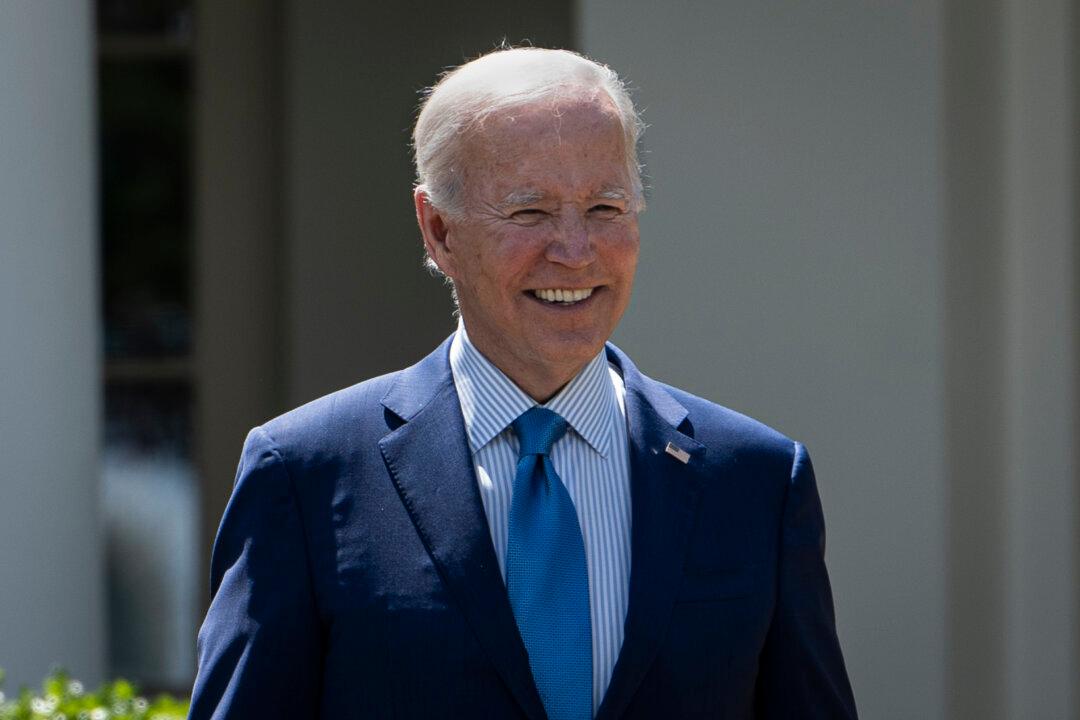U.S. President Joe Biden will briefly visit Papua New Guinea (PNG) during his trip to Australia next month, an official from the southwestern Pacific nation said, in a move that will help boost the U.S. engagement in the region.
PNG’s Foreign Minister Justin Tkatchenko told reporters on Thursday that Biden is planning to visit the nation’s capital Port Moresby for a three-hour stopover on his way to Australia next month.





